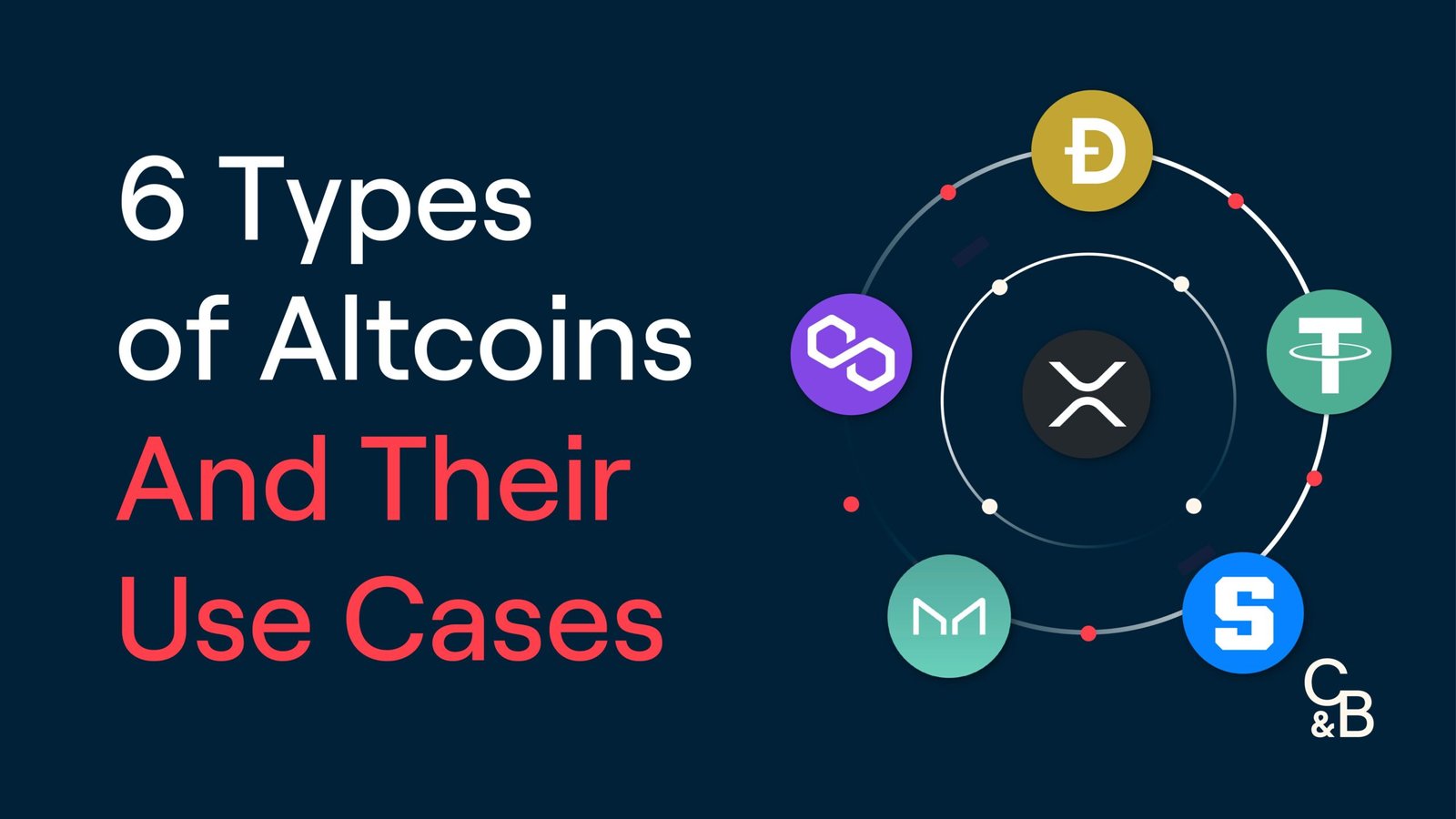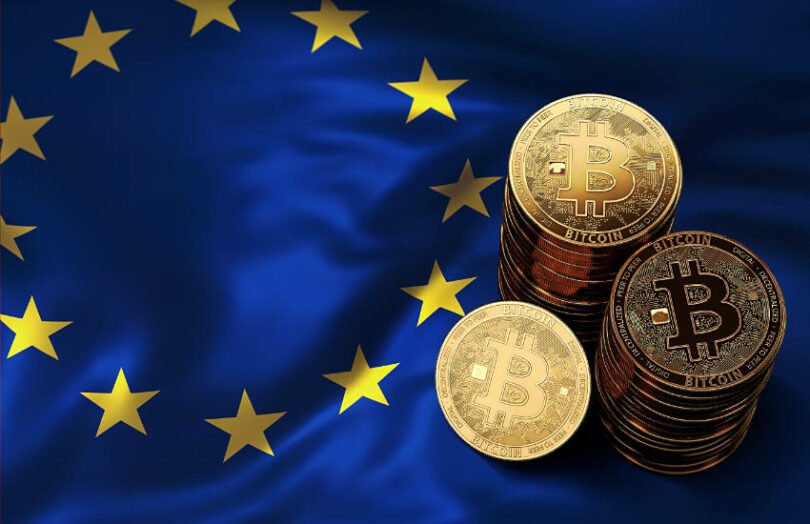In the rapidly evolving world of cryptocurrencies, altcoins have emerged as significant alternatives to Bitcoin, the first and most well-known digital currency. The term “altcoin” is derived from “alternative coin”, and it encompasses all cryptocurrencies other than Bitcoin. With thousands of altcoins available today, they have become a major part of the blockchain ecosystem, offering diverse functionalities and opportunities for investors, developers, and technology enthusiasts.
Understanding Altcoins
Altcoins are digital assets built using blockchain technology, similar to Bitcoin, but they often introduce unique features or improvements over the original Bitcoin model. Some popular categories of altcoins include:
- Ethereum (ETH): Known for its smart contract capabilities, Ethereum allows developers to create decentralized applications (dApps).
- Ripple (XRP): Focused on cross-border payments and financial transactions.
- Litecoin (LTC): Offers faster transaction confirmations compared to Bitcoin.
- Stablecoins: Cryptocurrencies pegged to fiat currencies, such as USDT, to reduce volatility.
Altcoins serve multiple purposes beyond just being a medium of exchange. They can be used for decentralized finance (DeFi), non-fungible tokens (NFTs), digital governance, and supply chain solutions, among others. Their diversity reflects the growing innovation in the blockchain space.
The Future of Altcoins
The future of altcoins looks promising yet unpredictable, driven by technological advancements, regulatory developments, and market adoption. Here are some key trends shaping their future:
- Increased Adoption: As more businesses and individuals embrace blockchain, altcoins will gain wider acceptance as both investment and transaction tools.
- Technological Innovation: Innovations like layer 2 solutions, interoperability protocols, and faster consensus mechanisms will enhance altcoin functionality.
- Decentralized Finance (DeFi): Altcoins powering DeFi platforms are likely to grow, providing alternative banking, lending, and investment solutions.
- Regulatory Impact: Governments worldwide are beginning to establish regulations around cryptocurrencies, which could either boost credibility or limit certain altcoins.
Despite potential volatility, altcoins represent a dynamic segment of the cryptocurrency market. Investors, developers, and enthusiasts continue to explore their potential for financial innovation, technological advancement, and digital empowerment.
Altcoins are more than just alternatives to Bitcoin—they are a catalyst for innovation in finance and technology. With a wide range of applications, continuous development, and growing global interest, the future of altcoins appears bright. While challenges like market volatility and regulatory uncertainty remain, the evolution of altcoins will likely shape the next era of digital finance and blockchain innovation.
FIU Registration for Crypto Exchanges in India
Website design and development firm
![]()





